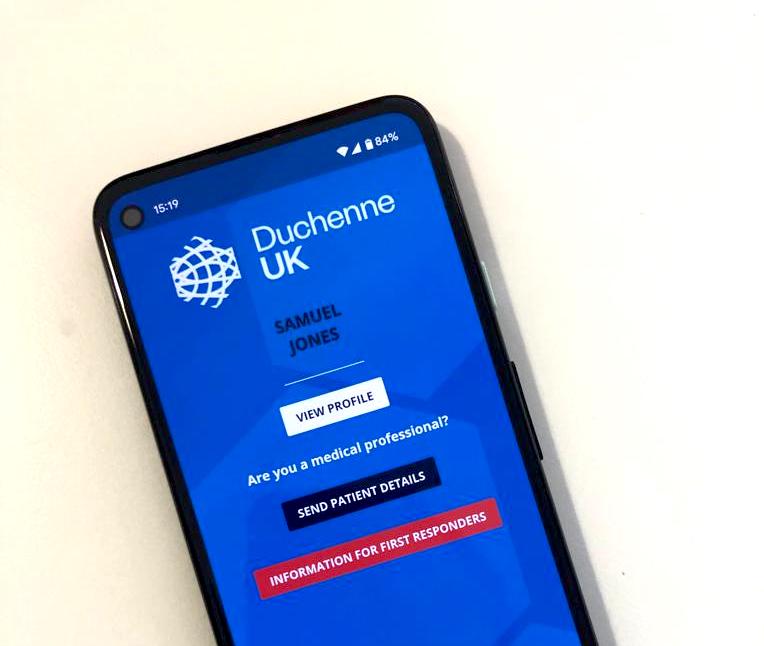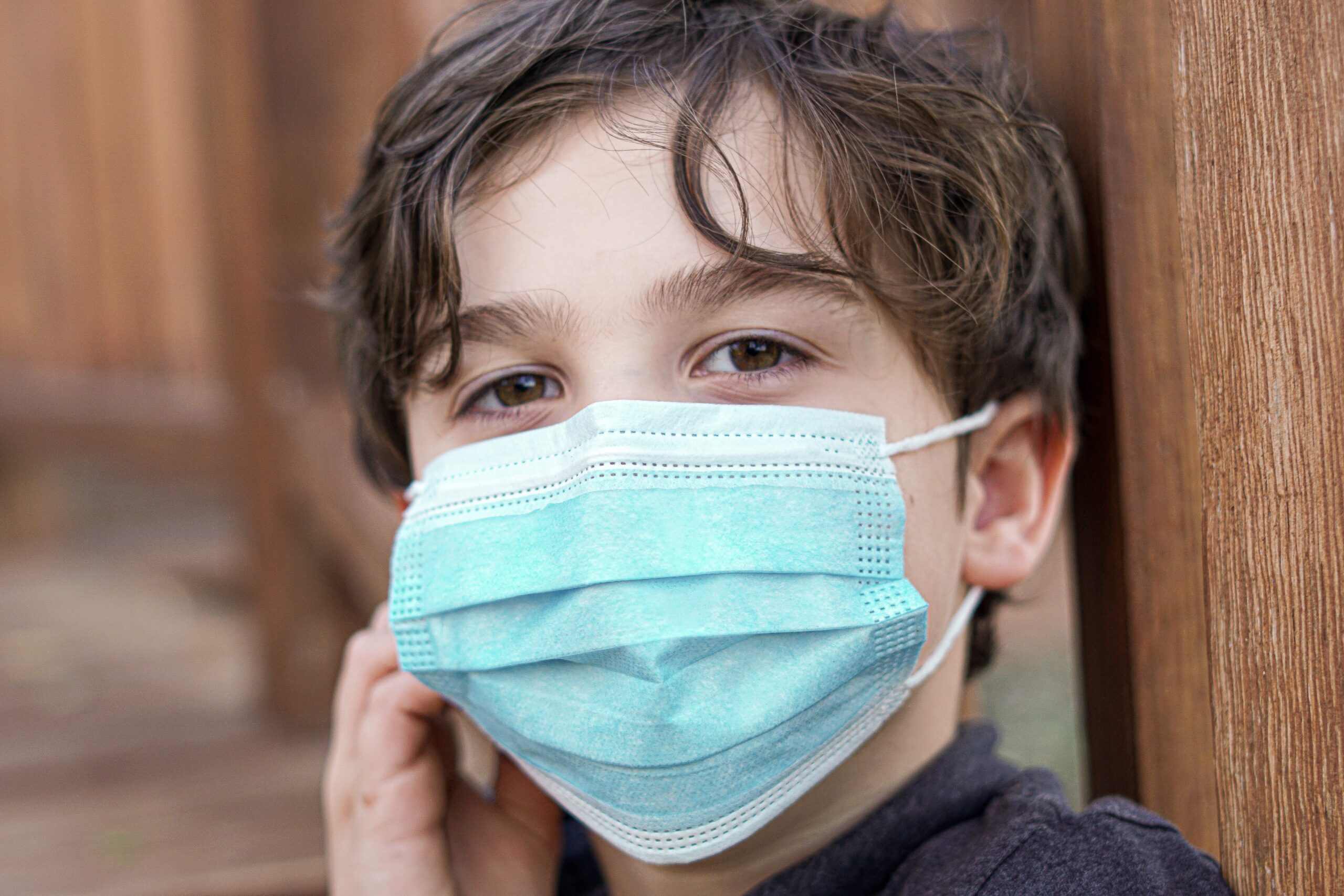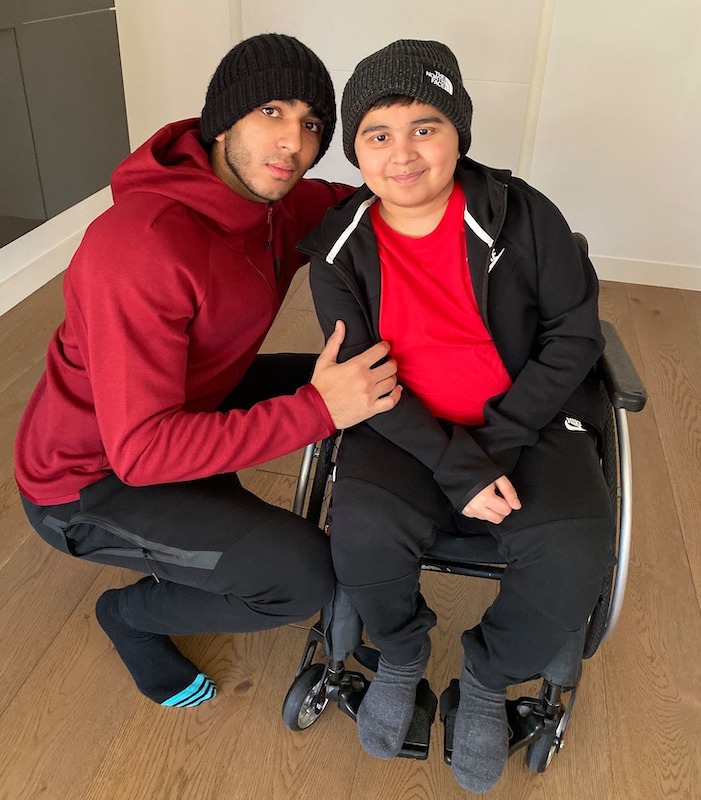The Duchenne UK In Case of Emergency (ICE) app aims to help save lives by preventing mistreatment of DMD patients in an emergency. It allows you to keep a profile of your/your child’s medical needs and emergency contacts, as well as general guidance on treating DMD patients. This can be quickly sent to medical staff as a PDF document.
Notice about the app
We are aware that there are some problems with our emergency care app at the moment and are working hard to fix this.
It’s really important that you have reliable access to vital information in an emergency situation, and we advise you to use our online Emergency Pack or show it to medical professionals treating you or the person you care for, until the problems are fixed. You can request one by emailing us at [email protected].
Thank you so much for your patience and many apologies for this pause in the app.







 Current treatments
Current treatments

